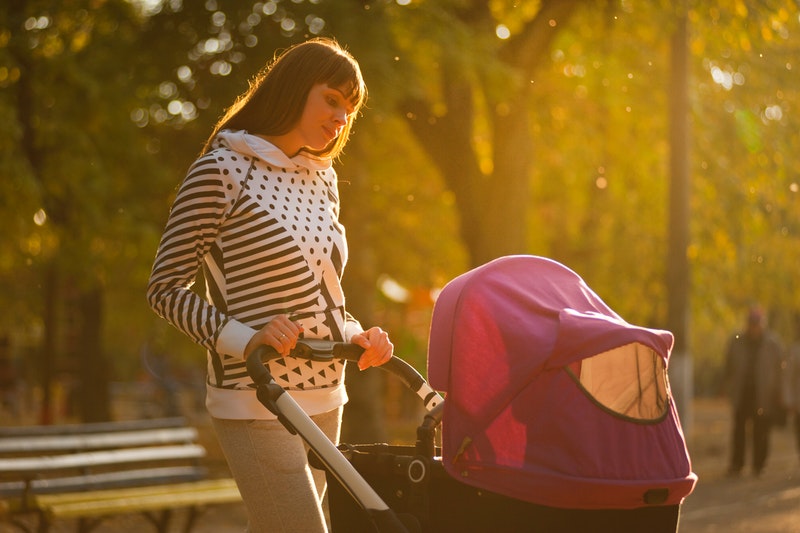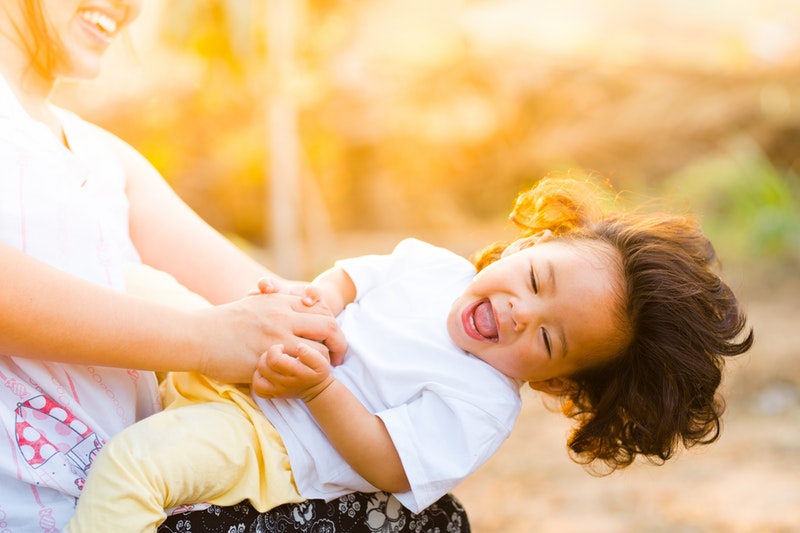What Is Postpartum Depression?

Motherhood is beautiful. You long for the day you will hold your newborn in your arms. The birth of a child can, however, come with a mixture of emotions. The emotions may range from joy and excitement to anxiety and fear. It is common for a new mom to experience the ‘baby blues’ which begin about three days after childbirth. You may feel worried, a little sad, or fatigued. Baby blues, however, die out in a few weeks.
However, in some cases, some mothers experience a form of severe depression after giving birth. This is known as postpartum depression. You may begin to experience its effects about three weeks after delivery. It can affect first-time mothers as well as those who had given birth before even where they did not experience postpartum depression in the previous births. Postpartum depression affects the way you take care of yourself and your child. You may also experience severe mood swings, a feeling of hopelessness as well as feel shame and guilt for having these emotions.

New fathers can also experience postpartum depression called paternal postnatal depression. The symptoms are like those experienced by new moms. Postpartum depression is common and nothing to be ashamed of. In some rare circumstances, the new mom may experience a severe condition known as postpartum psychosis. With professional treatment and support, you can control it.
Symptoms of Postpartum Depression
- The feeling of sadness and excessive crying
- Finding it difficult to bond with your baby
- Insomnia or sleeping excessively
- Reduced appetite or eating too much
- Reduced energy or overwhelming fatigue
- Inability to focus, think clearly or make decisions
- Feelings of hopelessness
- Withdrawal from loved ones
- Lack of interest in activities you used to love and enjoy
- In severe cases, feelings of suicide or thoughts of harming your baby
In postpartum psychosis, the effects can be felt a week after childbirth. They are similar to those of postpartum depression with some more severe symptoms and one should seek medical help immediately. They include:
- Hallucinations and delusions
- Gibberish talk
- Paranoia
- Feeling confused and disoriented
- Violent behavior
- Thoughts of harming your baby or holding them liable for the way you feel
- Thoughts of self-harm or suicide
What Causes Postpartum Depression
There isn’t any definite cause for postpartum depression. Both physical and emotional factors can contribute to it. There are also risk factors that can increase the chances of a new mom getting the condition.

1. Emotional factors
When you’re overwhelmed by the responsibility of caring for your infant, and you are sleep deprived, you may find it difficult to concentrate or make decisions even when it comes to minor issues. This may cause anxiety and affect the way you look after your child and yourself.
This, combined with the change your body goes through, you may have a feeling of loss of identity or a sense of loss regarding your previous ‘free’ life.
2. Physical factors
When you get pregnant, your body produces progesterone and estrogen hormones in large amounts. These hormones stay at high levels throughout your pregnancy. However, within the first 24 hours of childbirth, they drastically drop to their usual levels, and this rapid drop is the cause of depression in women who experience postpartum depression. It is, in the same way, your mood changes during and after your menstrual period.
Another plausible cause for postpartum depression is the drop of the thyroid hormone. The thyroid hormone controls the energy usage in your body, and low thyroid hormone levels can cause irritating moods, feelings of depression, an increase in weight, and insomnia.
Risk Factors
Postpartum depression can affect any woman. You are, however, at a higher risk of getting postpartum depression if:
- You have a history of depression in your life
- You experienced depression when you were expectant
- You have another form of a mental health condition such as bipolar disorder
- Your child has severe health conditions or special needs
- You lack support from your partner and loved ones
- It is an early pregnancy
- Your pregnancy was unplanned for
- You’re having problems at home such as coming from a violent home
- You’re having financial problems
- It was multiple births such as twins, triplets or more
- You had problems with past childbirths
- You are going through a hard time in life such as the loss of a loved one
- You are struggling with substance abuse
The risk factors for paternal postnatal depression, in the fathers, are similar to those of new moms. It is, however, more likely to occur if their spouse is depressed.
How to Cope With Postpartum Depression
- Accept that you are experiencing postpartum depression. Understand that is not in any way your fault, and it is nothing to be ashamed of or feel guilty about.
- Share how you feel with loved ones. This will help you feel supported and loved. It will also help you fight isolation, which can worsen depression.
- Find time for yourself to relax. You can ask someone to take care of the child as you take a nap, watch a favorite show, or read your favorite blog.
- Seek professional help from centers such as Novo Detox Center
Getting Help from Novo Detox Center
Novo Detox Center is a luxurious 24/7 drug & alcohol detox rehab in Los Angeles, California. We are the best in LA in treating addiction from different substances such as alcohol and heroin. We also help treat co-occurring disorders. These include depression, bipolar disorder, anxiety disorder, and codependency.
At Novo Detox Center, we have residential treatment facilities to ensure top addiction treatment and alcohol rehabilitation. Our detox treatment services include personalized detox services, 24/7 safety, and comfort. We provide holistic therapies such as yoga and meditation to ensure that you are well relaxed, and your mind is at peace as you recover.

Our specialists will work with you to ensure your optimal recovery plan. Our therapy treatments include family therapy, group therapy, and interpersonal therapy. A treatment team will be assigned to you, and they will oversee and coordinate the needed help.
We assist you in learning natural, daily coping techniques. We also provide healthy and nutritional meals with individual nutritional counseling.
Conclusion
Postpartum depression is a severe form of depression that new mothers experience. It can be caused by both physical and emotional factors. Physical factors include the drastic hormonal change your body experiences after childbirth, while emotional factors include the feeling of loss of one’s self-identity after childbirth.
The symptoms of postpartum depression vary from feeling extreme sadness to worse cases of thoughts of suicide. You may feel hopeless about the situation and find it hard to bond with your infant. This can easily cause the mother to feel guilty about how they are feeling and fear, sharing it with loved ones so as not to be viewed as a bad mother.
Your risks of getting postpartum depression are increased by factors such as your overall mental health and if you have any mental conditions. Other factors include financial problems, lack of support from loved ones, or if the pregnancy was unplanned.
You can cope with postpartum depression by communicating it to friends and loved ones and seeking medical help from centers such as Novo Detox Center. Novo Detox center is a top addiction treatment facility in LA, California. We also offer help to co-occurring conditions such as depression. Our personnel works to provide holistic therapies and personalized care programs to ensure optimal recovery. Contact us today- your long-term success is our primary concern.





